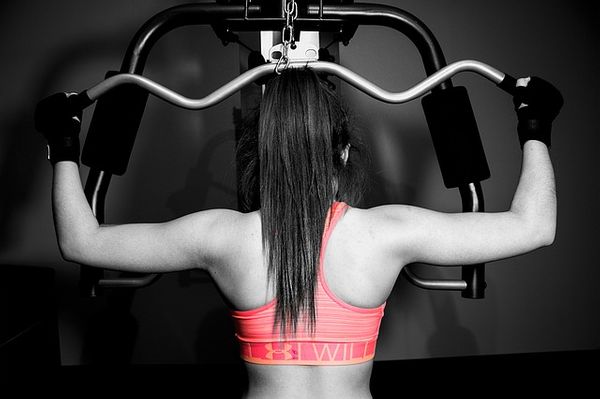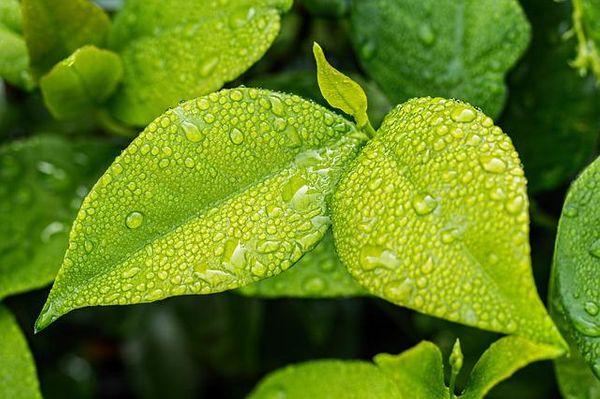Punarnava is a native plant and healthy herb with several therapeutic benefits. Punarnava’s name stems from its propensity for expansion and growth. The word “Punarnava” means Punar = again, Nava = new, on the whole meaning “becoming new again.” The aerial section of the plant dries out in the summer and regenerates in the rainy season.
The botanical name for pigweed, also known as punarnava, is boerhavia diffusa. In India, this plant goes by a variety of names, including Sanskrit for Punarnava , Thazhuthama, and is known as Ghetuli. Here, let us check Punarnava benefits and therapeutic uses:
Also Read: Ashwagandha Health Benefits: Nutritional Value, Uses & Side Effects
Health Views: Nutrition and Nutritional value of Punarnava
Know Punarnava nutrition and nutritional value per 100 g (Source)
| Name of the components | Calculated per 100g serving size | Per capsule per 100g | Presence (+) or Absence (-) |
| Carbohydrate | 415.68 mg | 83.13 % | |
| Protein | 35.96 mg | 7.19 % | |
| Cholesterol | 12.55 mg | 2.51 % | |
| Alkaloid | + | ||
| Glycoside | + | ||
| Flavonoid | + | ||
| Tannin | + | ||
| Saponin | + | ||
| Steroid/Terpenoid | + | ||
| Total Ash (%w/w) | 5.28 |
Punarnava Benefits: It Helps in Treating Eye Problems
To treat chronic ophthalmia and cataract, Punarnava leaf juice can be combined with honey and given topically to the eyes.

Night blindness and conjunctivitis symptoms can be treated with fresh root juice.
Corneal opacity, watering eyes, and itching eyes are some of the additional eye conditions that can be treated. (source )
Punarnava helps in Treating Gastrointestinal Diseases
A remedy called Punarnavadi Mandura is utilized to lessen the signs and symptoms of piles, splenic disease, inflammation, worm infestation, and malabsorption conditions.
Another remedy for managing dyspepsia and other abdominal disorders or expansion of the abdomen is punarnavasava. Additionally, it can be used to treat hepatic anemia and neuromuscular diseases (source)

Health Benefits of Punarnava: Helps in Treating Neuromuscular Diseases
Pain in the calves, thighs, back, sacrum, and bladder area are among the symptoms of neuromuscular diseases like sciatica that can be treated with the drug punarnava guggulu. It can help men with inguinoscrotal swells. (Source)

Punarnava Benefits in Treating Respiratory Disease
Pain in the calves, thighs, back, sacrum, and bladder region are among the symptoms of neuromuscular disorders that Punarnava Guggulu can treat. Other symptoms include sciatica. In men, it can lessen inguinoscrotal enlargements. (Source)
The Therapeutic uses of Punarnava
Punarnava Leaves are used to reduce eye pain, joint pain, ulcers of cornea, and night blindness
Punarnava Seeds are promising blood purifiers and are useful in treating scabies. These seeds are a good energizer and help in digestion.
Punarnava Roots: The juice of the root is used in the treatment of urinary disorders, rheumatism, asthma, leucorrhea, and encephalitis. (Source)

Herb is used as (Source)
- Expectorant
- Diuretic
- Prescribed in the treatment of jaundice
- Stomachic
- Enlargement of spleen
- Used for relieving abdominal pains
- Given in the loss of digestive power
Precautions you should take before using punarnava
- Not advised for kids symptoms of the age of twelve.
- Not advised for expectant mothers. (Source)
Punarnava side effects:
No adverse effects have been documented. However, pregnant ladies and children below 12 years of age should not consume this herb.
Also Read: Triphala Health Benefits, Medicinal Uses, Facts and Caution





